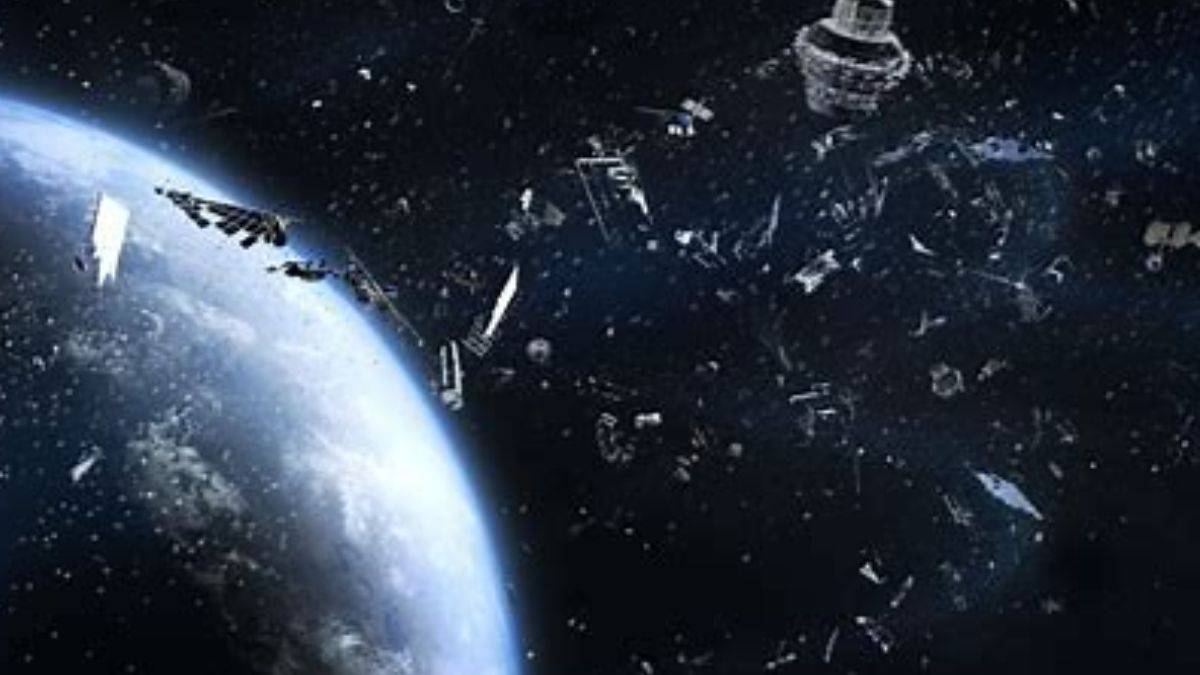NASA and the US congress has come together to reduce the threat of Space Debris

Concerns about how access to and utilization of Earth orbit are impacted by space debris, as well as the building of massive satellite constellations by companies like SpaceX and a Russian anti-satellite (ASAT) test in November 2021 that repeatedly threatened operations of the International Space Station, are likely the catalysts for these discussions.
The possibility of catastrophes like the Russian ASAT test, which might produce significant amounts of debris clouds, grows as more satellites are launched into orbit. Experts have emphasized the effects of even a few of these accidents on a range of satellite-delivered services, including telecommunications, navigation, and weather forecasting.
A bipartisan bill to address the space waste problem was sent to Congress on September 13. The Senate Committee on Commerce, Science, and Transportation’s chair, U.S. Sen. Maria Cantwell (D-Wash. ), was the driving force behind the Orbital Sustainability (ORBITS) Act.
NASA and the US Congress are joining the chorus of those urging action to minimize the hazard of space debris.
On September 13, NASA announced that it has funded three programs that dealt with orbital debris(opens in new tab). The programs, which are also only getting started, seek to quantify the societal and economic problems brought on by the rise in space debris.
The three projects are as followed;
- “Adaptive Space Governance and Decision-Support Using Source-Sink Evolutionary Environmental Models,” submitted by Richard Linares of the Massachusetts Institute of Technology and Moriba Jah of the University of Texas at Austin;
- Patrice Kohl, Sergio Alvarez, and Philip Metzger of the University of Central Florida submitted “Communication and Space Debris: Connecting with Public Knowledges and Identities,”
- Akhil Rao of Middlebury College, Daniel Kaffine of the University of Colorado-Boulder, and Brian Weeden of the Secure World Foundation submitted “An Integrated Assessment Model for Satellite Constellations and Orbital Debris.”
The American Federal Communications Commission (FCC) promised a new regulatory framework for orbital trash in August, concentrating on the risks and prospects of in-space servicing assembly and manufacturing (ISAM). The fresh initiatives by Congress and NASA came as a result of this declaration. Previously, the FCC only gave the public an update on space debris every two years.


